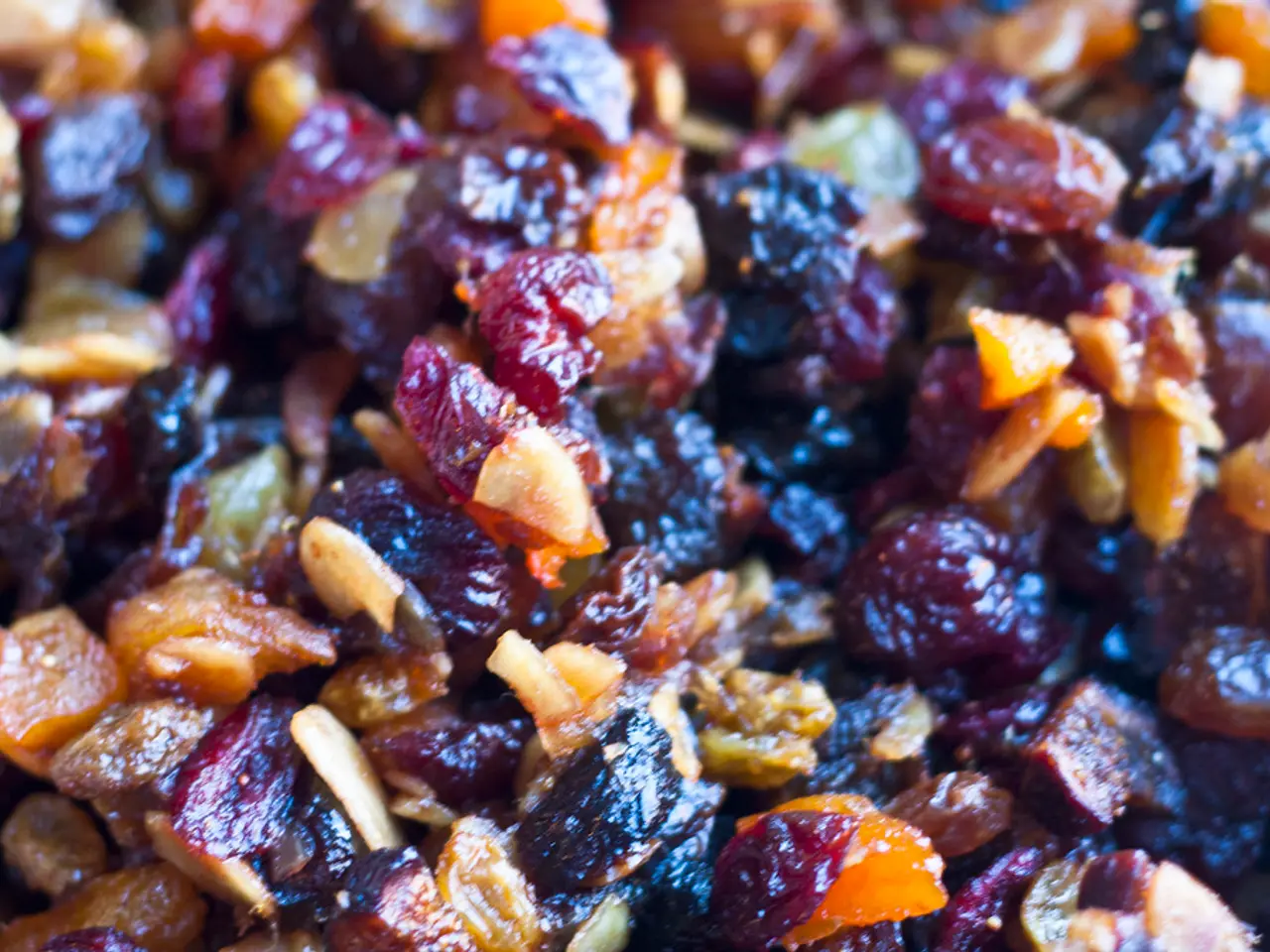Social media's top deceitful claims regarding weight loss, debunked:
In the realm of weight loss, it can be challenging to distinguish between pseudoscience and evidence-based dietary advice. Here are some expert-guided strategies to help you make informed decisions:
1. Look for Scientific Rigour and Evidence
Evidence-based advice is backed by peer-reviewed research, clinical trials, and consensus from qualified nutrition and medical experts. Be wary of claims that lack solid scientific backing, often relying on anecdotal evidence, testimonials, or selective data.
2. Beware of Extreme or Temporary Diets Promising Quick Fixes
Diets that promise quick weight loss, such as juice cleanses, often involve severe calorie restriction and lack sufficient nutrients. These diets are unsustainable long-term and should be approached with caution.
3. Evaluate the Source and Credentials
Trust information from registered dietitians, nutrition scientists, or reputable institutions rather than social media influencers or marketing-driven entities. Marketing efforts can distort or oversimplify complex nutrition science to sell products.
4. Check for Balanced and Nuanced Perspectives
Evidence-based advice acknowledges the complexity of weight management, considering factors like mental health, lifestyle, and societal influences. Pseudoscience often cherry-picks information, lacks transparency about risks, or ignores holistic views.
5. Understand Research Methodology and Statistics
Learning basic principles of nutrition research, such as study design and statistical interpretation, helps discern quality evidence from misleading claims. Evidence-based resources often emphasize critical appraisal skills for this reason.
6. Watch for Marketing and "Half-Truths"
Misleading labeling, deceptive health claims, and oversimplified narratives are hallmarks of pseudoscience. Evidence-based advice avoids hype and presents balanced information that includes potential limitations or risks.
It's also important to debunk some common dietary myths:
- The claim that 'sugar-free' alternatives are healthier or sugar-free is not accurate. - The liver and kidneys are responsible for detoxifying the body, and no foods or supplements can change this. - Honey, maple syrup, and agave nectar are not healthier or sugar-free alternatives to sucrose. - Everything we eat or drink is neutralized to a pH of 7 when it enters the small intestine. - The term 'superfood' is a marketing term and not based on scientific evidence. - Eating more unsaturated fat than saturated fat decreases 'all-cause mortality'. - Drinking high-pH water does not revitalize the body. - The pH of our blood is not affected by what we eat or drink. - Most fruit and vegetables are 'good' for you, but there are no such things as 'superfoods'. - The stomach is the most acidic part of the body, with a pH of 1.5. - Simple foods are not necessarily healthier than complex ones. - All foods contain chemicals, even if we don't know their scientific names. - Foods or supplements that claim to help 'detox' your body are red flags. - The advice to avoid foods with more than five ingredients is likely scaremongering. - There is no evidence that natural sugar is better than refined sugar. - Eating 'natural' or 'clean' foods does not necessarily make them healthier. - Nothing we eat will change the pH of our blood. - The source of the fat is important, as land-based animal fats are saturated fats and plant or fish fats are unsaturated fats. - Using multiple ingredients separately does not necessarily make a recipe unhealthy. - Sucrose, the majority of sugar we consume, is made up of glucose and fructose.
In conclusion, identifying evidence-based dietary advice involves critical evaluation of the scientific validity, source credibility, sustainability of recommendations, and awareness of marketing tactics, while being cautious of quick fixes and oversimplifications common in pseudoscientific weight loss claims.
- In the context of health-and-wellness, it's crucial to acknowledge that 'sugar-free' alternatives aren't necessarily healthier, as the liver and kidneys, not foods or supplements, are responsible for detoxifying the body.
- When it comes to fitness-and-exercise, eating more unsaturated fat than saturated fat is known to decrease 'all-cause mortality'.
- Additionally, in the realm of science and nutrition, it's essential to be cautious of advertising claims that label certain foods as 'superfoods', as this term is not based on scientific evidence.







